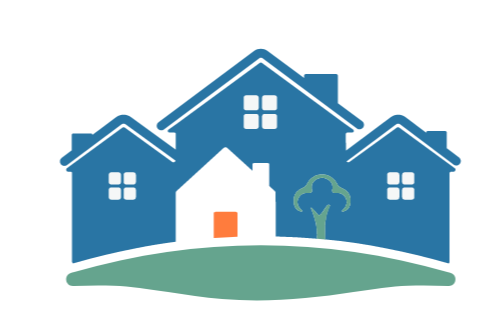The US Department of Housing and Urban Development (HUD) reports that on a single night in 2022, counts of individuals (421,392 people) and chronically homeless individuals (125,768) reached record highs in the history of data collection. Sixty percent were staying in sheltered locations—emergency shelters, safe havens, or transitional housing programs, and forty percent were in unsheltered locations such as on the street, abandoned buildings, or other places unsuitable for human habitation. The count also estimated that forty-five percent of the homeless experienced mental illness.
Unfortunately, many communities have responded to the increase in the homeless population by criminalizing people experiencing homelessness, resulting in an increased culture that views people without housing as unimportant or less than others.
While much of the responsibility to fix discrimination against people experiencing homelessness falls on policy changes, it is still within our control to manage how we engage with individuals experiencing housing instability.
Plymouth Healing Communities challenges each of us to flip the script. Instead of ascribing to the growing trend of being a passerby who intentionally ignores or, worse yet, being one who stares in judgment, let us practice empathy and show compassion.
Empathy is the ability to understand and feel what someone else is feeling without personally experiencing it at that moment. It is the capacity to see the world from another person’s perspective and walk in their shoes. It allows us to view life from their living conditions and to feel what it feels like to be that person. It is vital when supporting people experiencing housing instability. Empathy helps us remain non-judgmental and prevents us from minimizing another person’s feelings. Empathy means listening to someone share their feelings and letting them express their emotions.
Compassion is the emotional response to empathy that fosters our desire to help. Our acts of compassion can be instrumental in aiding recovery and helping a person overcome loneliness and isolation.
When we encounter someone experiencing housing instability, Plymouth Healing Communities invites us to stop, speak and be open to listening. Demonstrating a small amount of compassion can significantly improve someone’s day.
“The individual is capable of both great compassion and great indifference. He has it within his means to nourish the former and outgrow the latter.” ”



